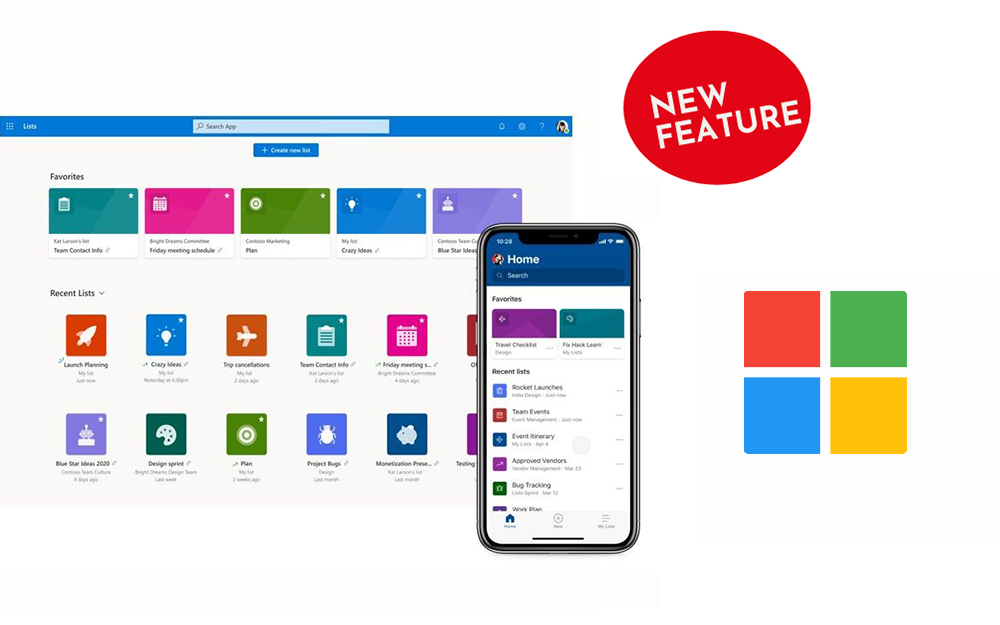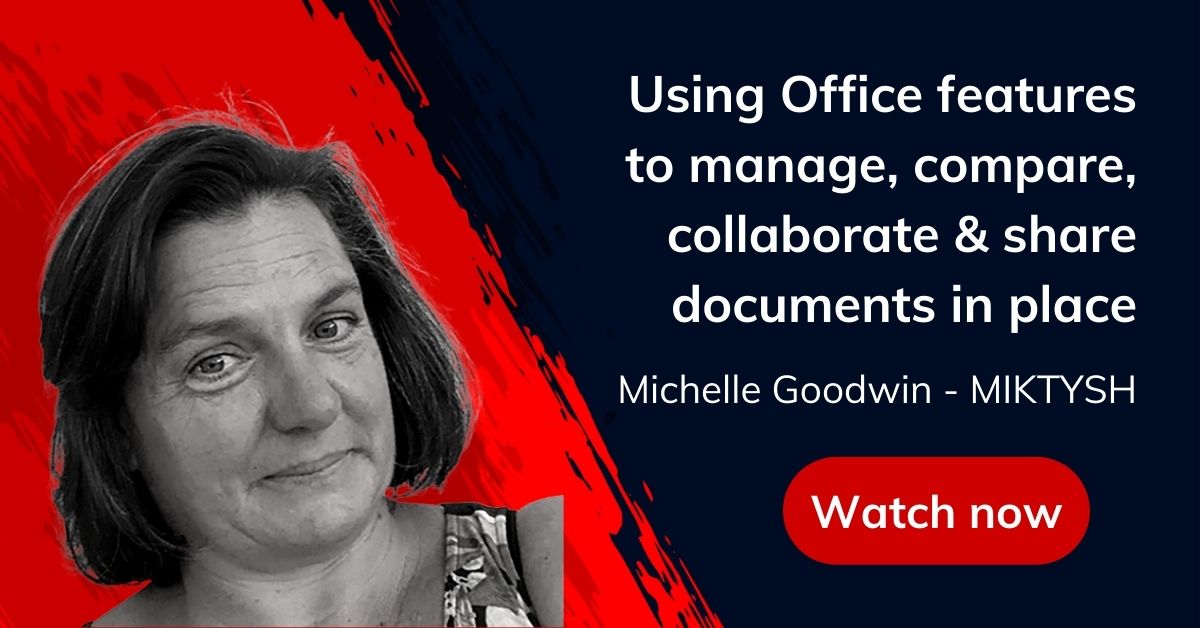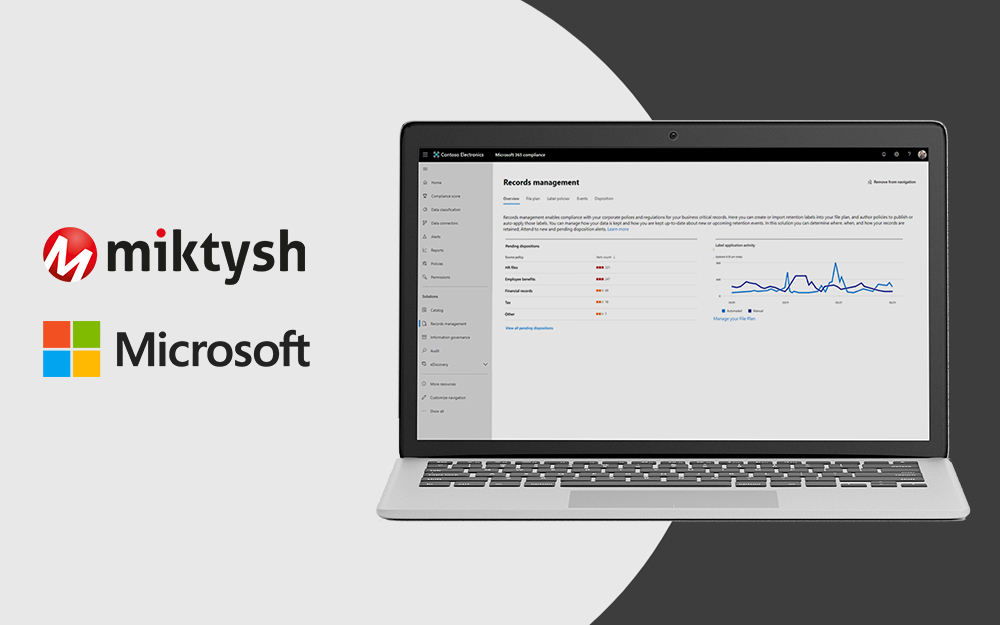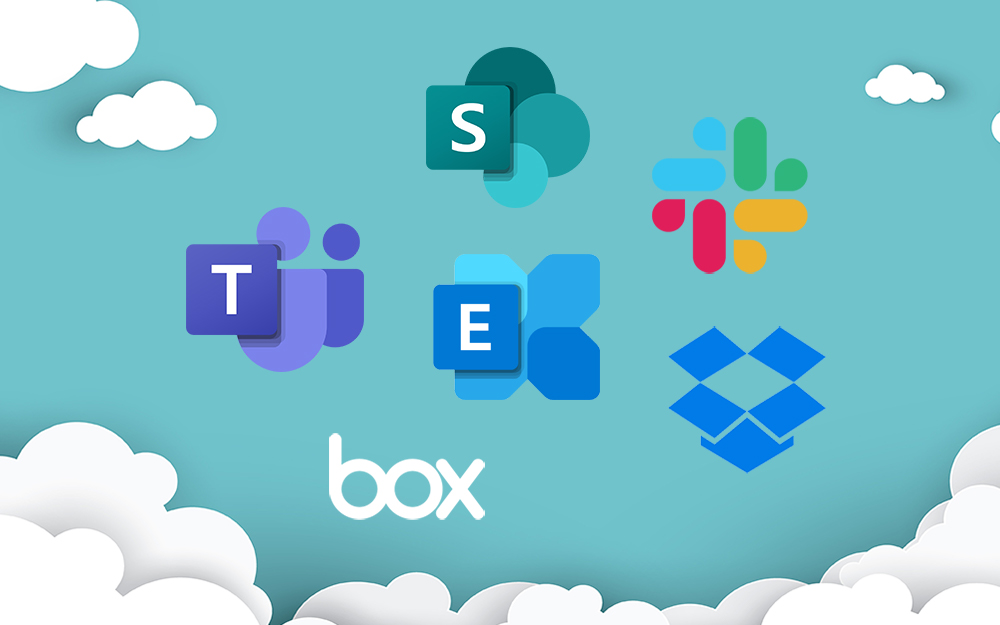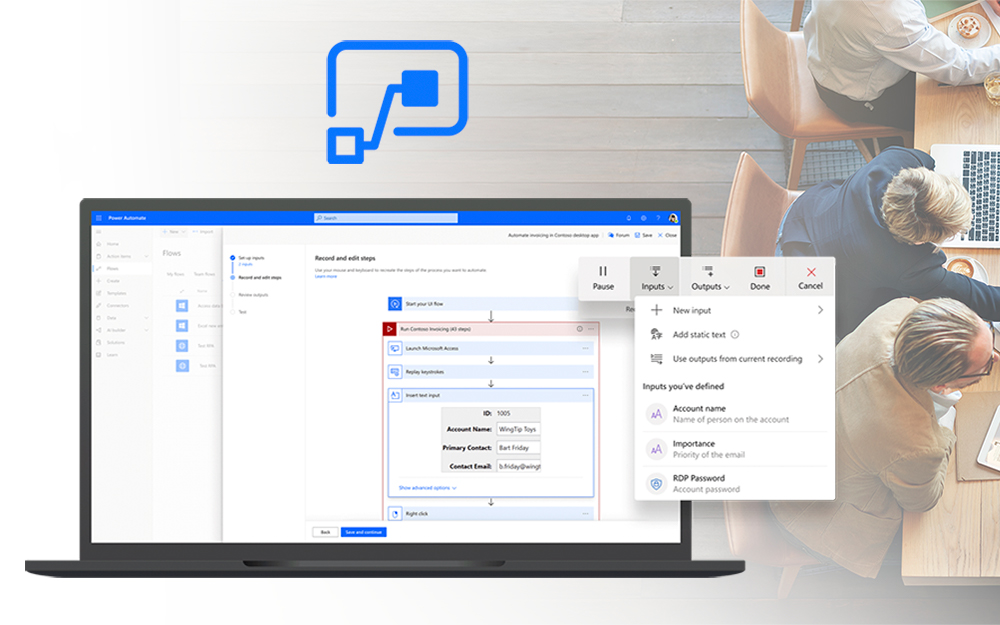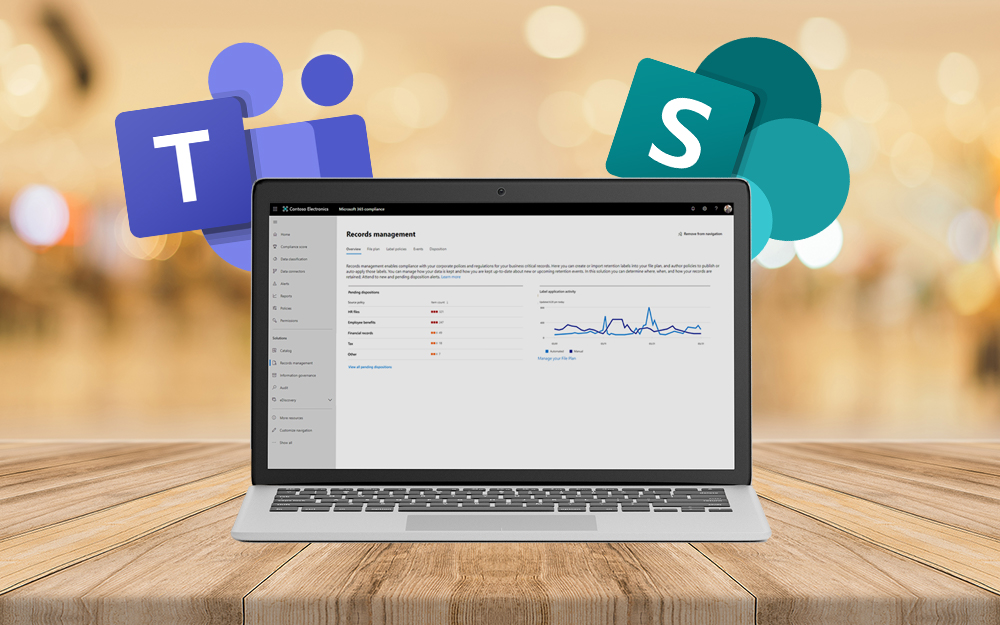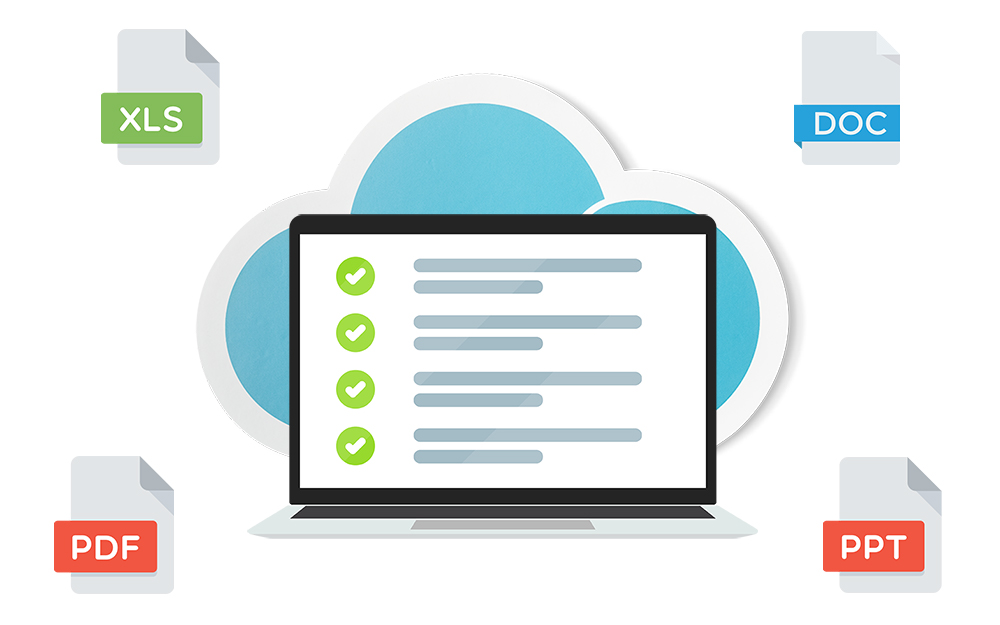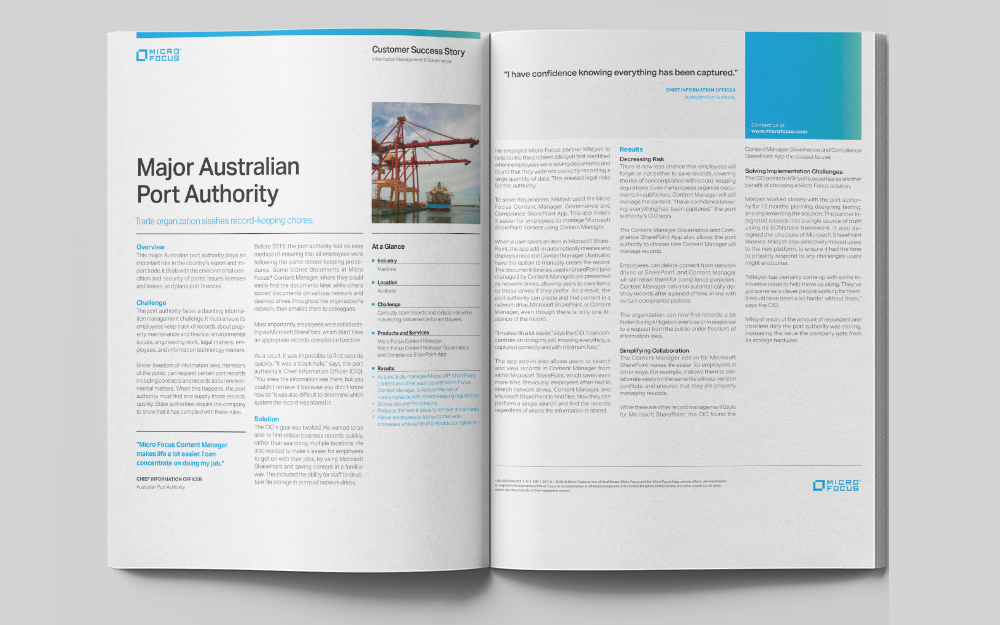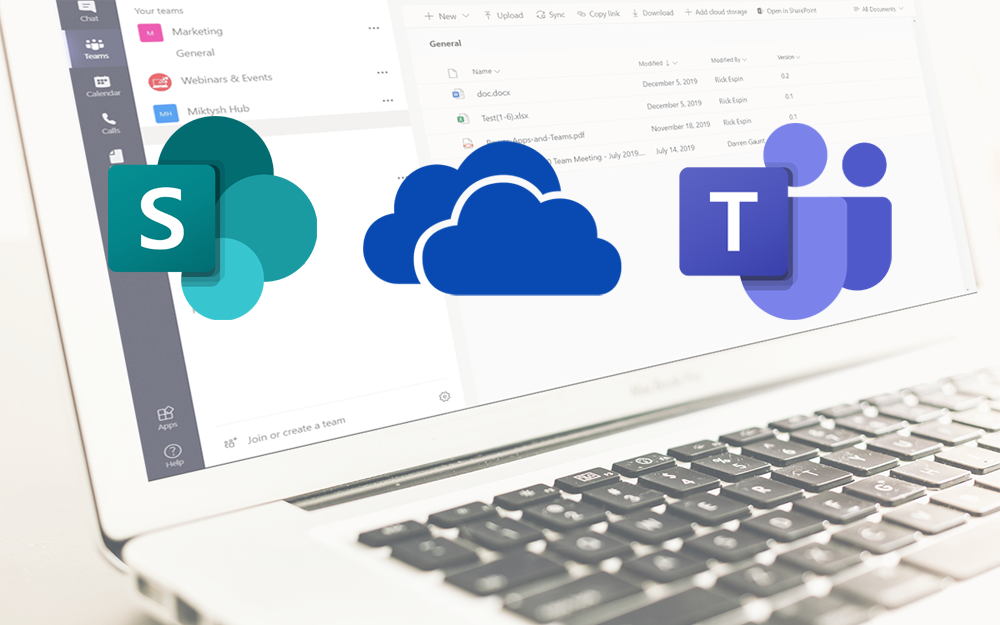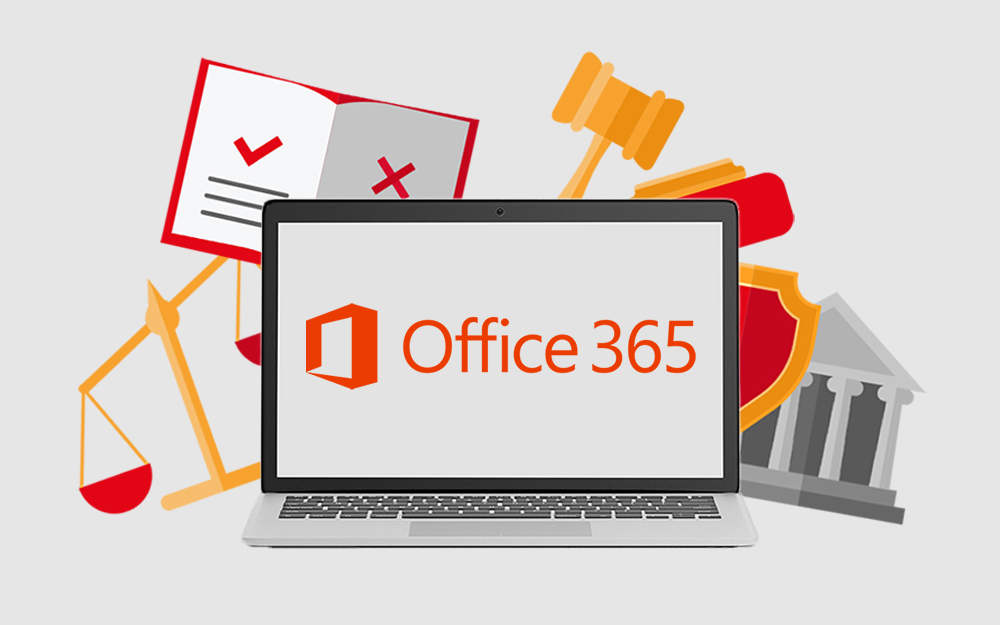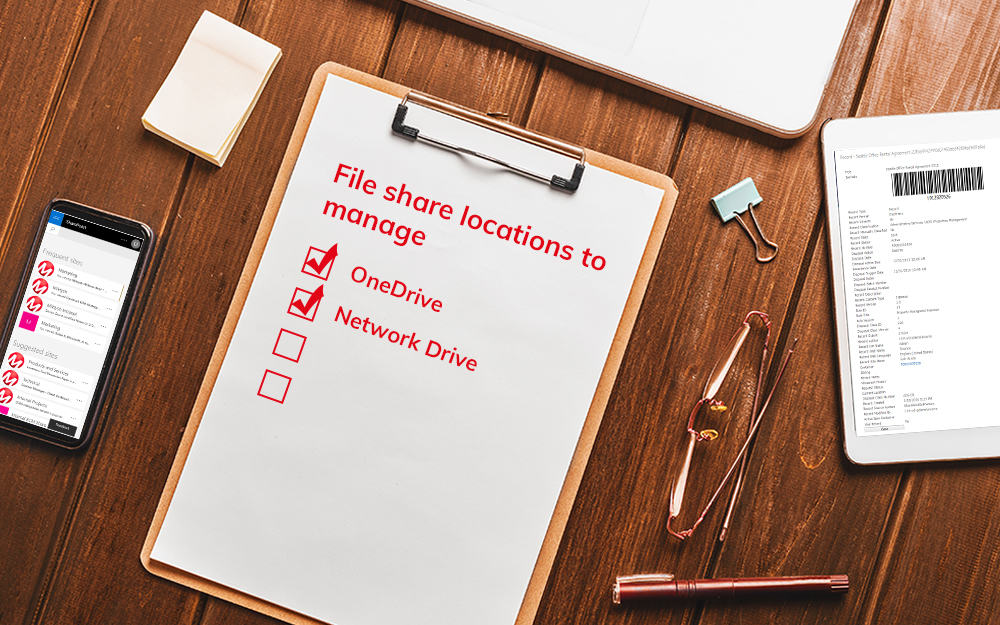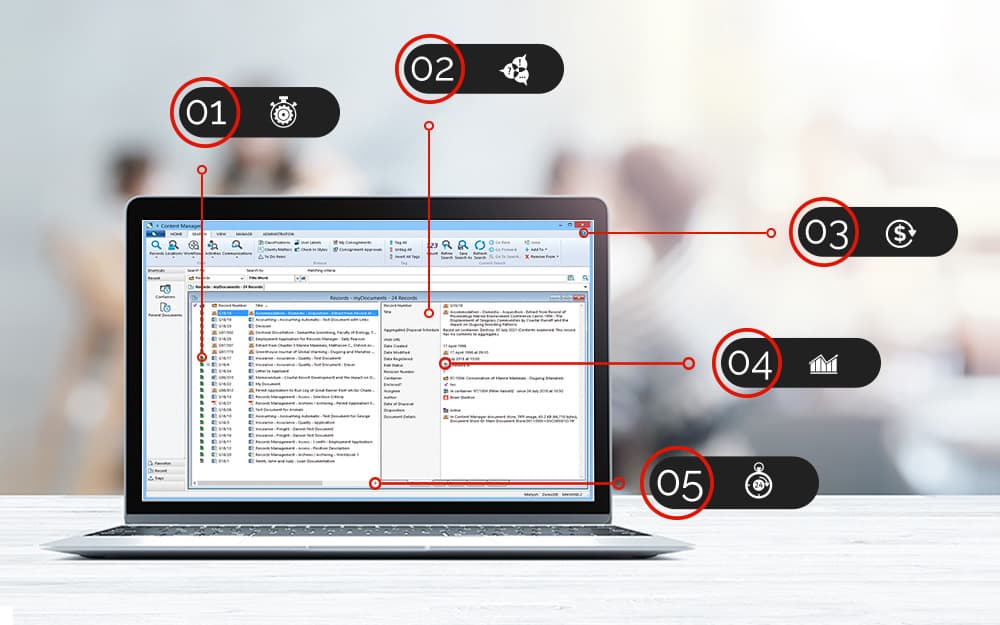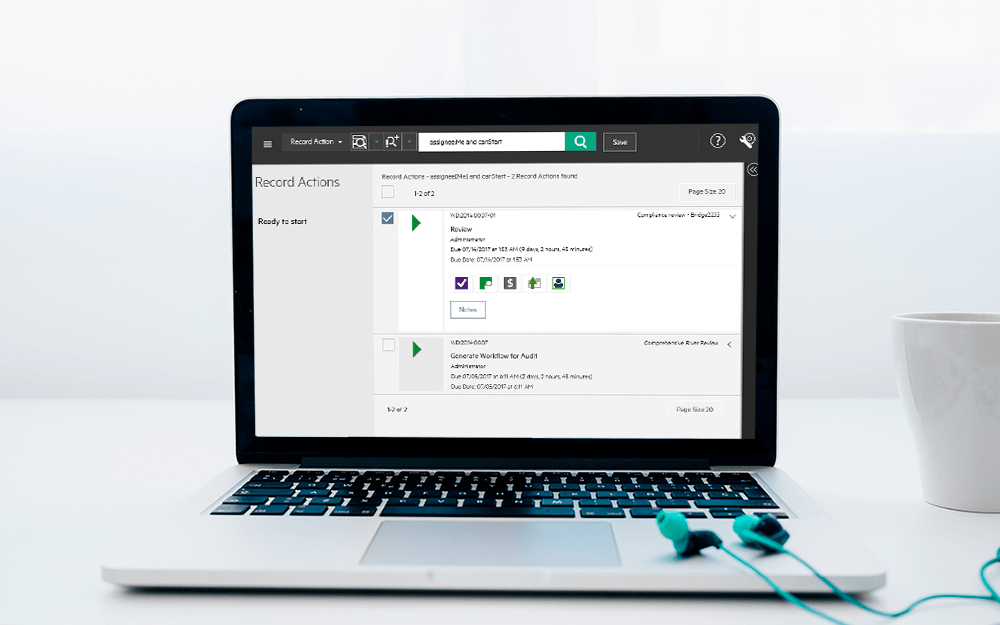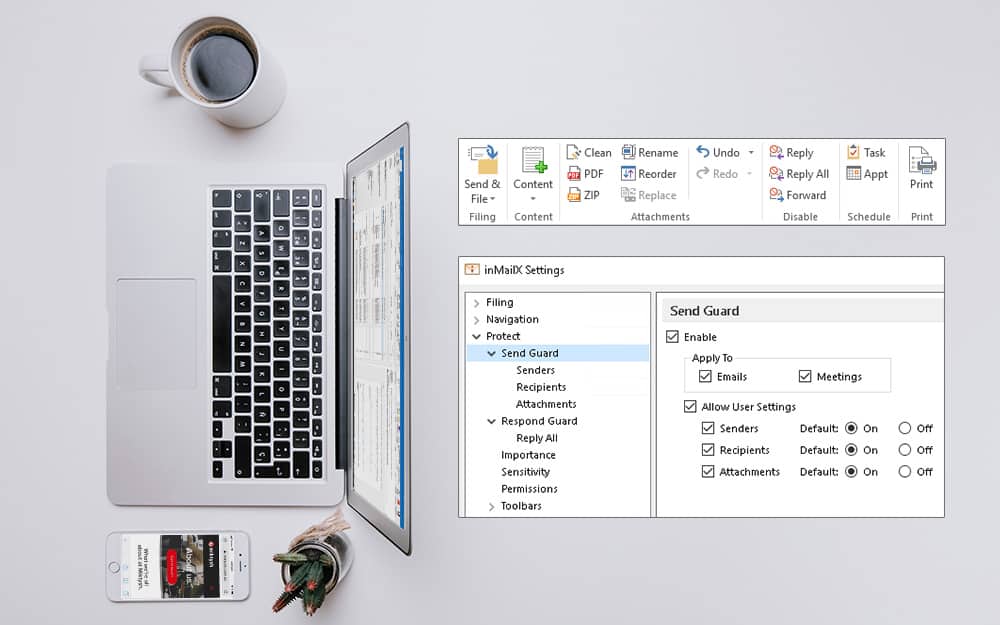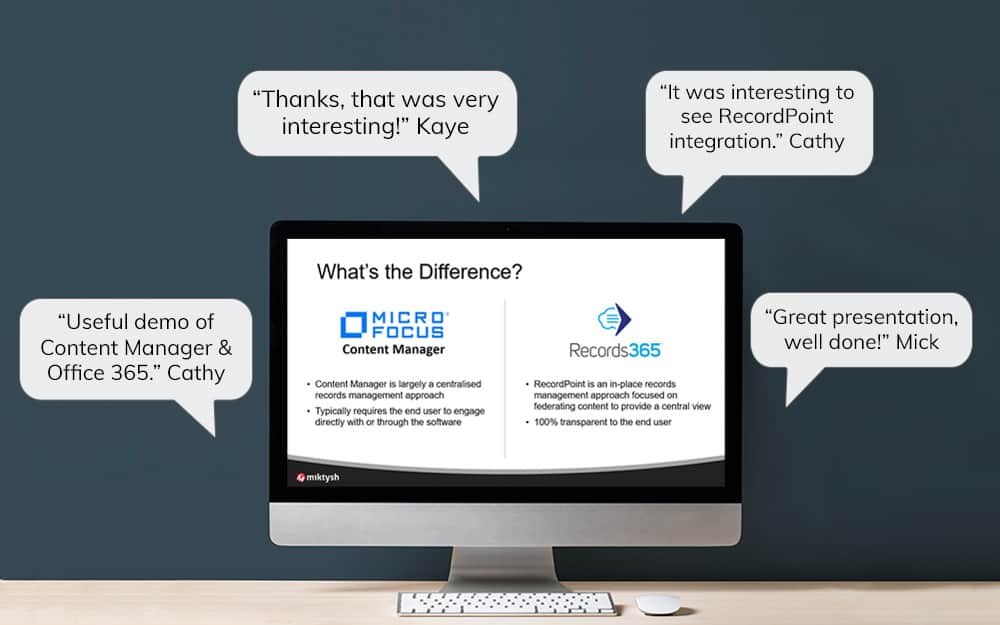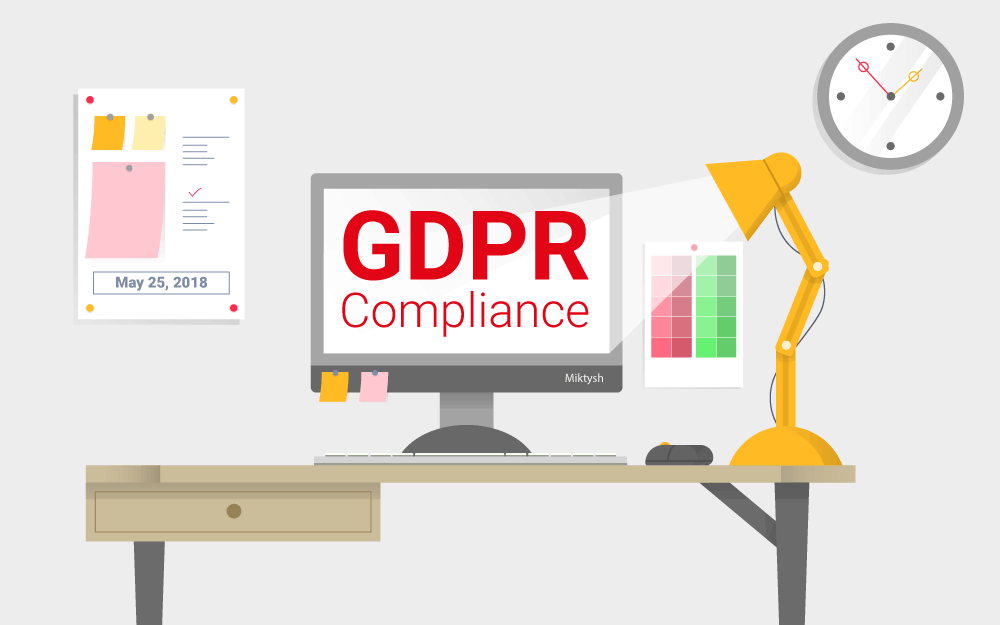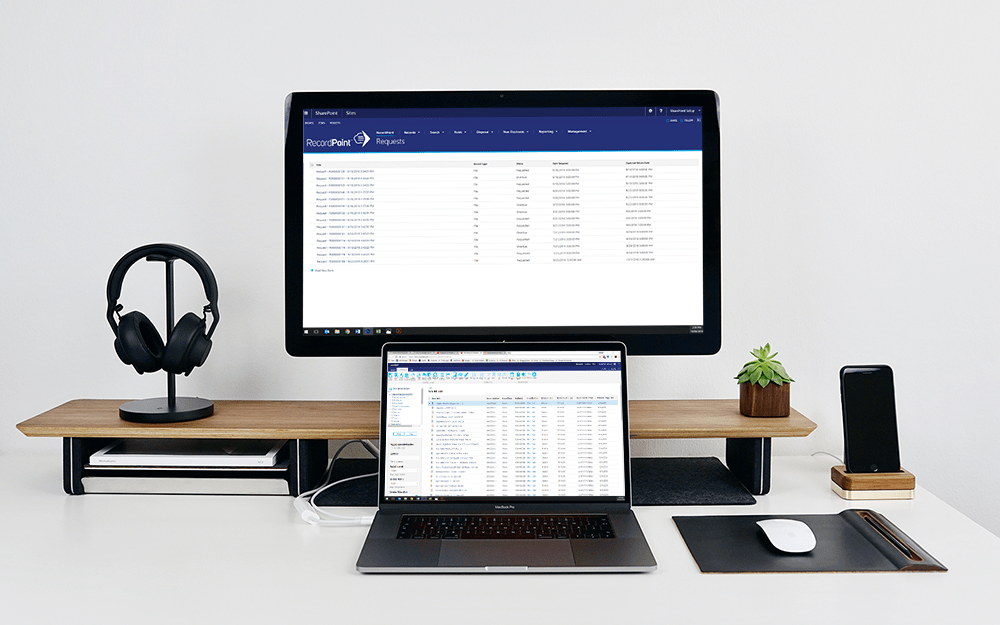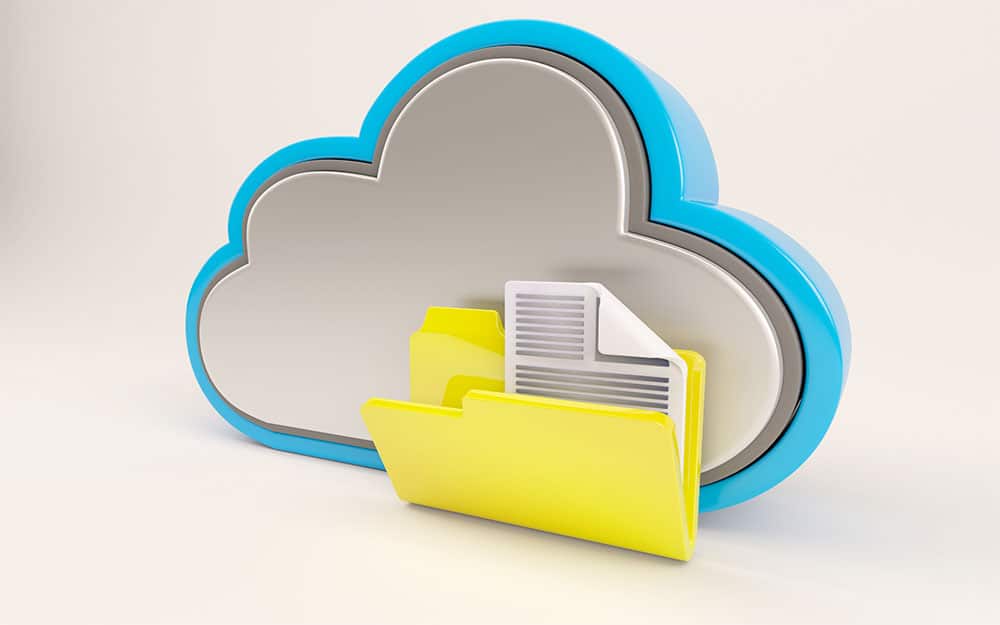Miktysh Blog.
Your go-to source for everything records management, eDRMS, Office 365, TRIM/Content Manager, RecordPoint, AvePoint, and EncompaaS related.
Categories
Topics
Top 5 Benefits of Migrating to Office 365
Oct 10, 2019 | Office 365

“‘As of 2019, Office 365 is the mostly widely used cloud service with 155 million Office 365 Business Users worldwide. Out of the 81% of organisations who have migrated to the cloud, 56% have adopted Office 365. These stats illustrate that with the shift towards cloud-based solutions, Microsoft has become the dominant player in this field and for good reason.
The workplace is changing to a more collaborative and flexible environment. This means that people require information to be searchable and accessible regardless of where they are and what device they are using. In this article we’ll cover the top 5 benefits of migrating to Office 365, and if you’re already using Office 365 this article should help inform you of how to get the most out of it.
1) Information anywhere, anytime on any device.
As alluded to before, in a modern workplace people require the ability to access information at their own convenience from any device. For information to be easily accessible it also needs to be searchable and easy to locate. This is a significant challenge for organisations who still rely on using network drives and structuring their information through long, exhaustive folder structures. With SharePoint and OneDrive, organisations can make their information easily searchable by using metadata, so that users don’t have to sift through a myriad of network folders to find the document they are looking for.
Moreover, Office 365 helps organisations facilitate remote working through their communication and project management tools. Microsoft Teams and Outlook can be used for internal and external communication. You can easily host one-on-one or group online meetings through Team’s built-in video calling functionality and communicate quickly on the go through its chat function. Moreover, you can utilize Microsoft Dynamics 365 to effectively manage staff regardless of where they work through its time-tracking and attendance functionality.
2) Collaboration and integration
With over 500,000 businesses using Microsoft Teams including 91% of Fortune 500 companies, organisations are starting to understand the importance of collaboration in the modern workplace. This is quite a contrast from not too long ago, where different departments and groups within organisation’s would keep their information in silos.
Microsoft Teams has helped solve a number of traditional challenges organisations have faced when relying on emails to collaborate on documents with more than two people. For example, if you were to send a document through email to seven people to get feedback on, you may end up with 7 copies of that document. However, with Teams users can collaborate on a single document saved within SharePoint, which helps reduce email clutter and avoid the issue of duplication.
SharePoint also provides much greater collaborative capabilities than other repositories and content management systems. With SharePoint you can easily share documents internally or externally, depending on your security settings. When sending emails, rather than attaching documents as users traditionally would, you can attach a document link to a file stored in SharePoint to ensure that multiple copies are not created and to maintain greater control and security over your information. If you want greater security by preventing anyone with your organisation from sharing information externally, you also have the ability to restrict external sharing at the organisation-level.
3) Secure and Control Your Information
On the topic of security, a common question we hear from organisation’s looking to move to the cloud and adopt Office 365 to take advantage of its collaborative capabilities, is “how can we properly secure and control our information?” We recently published an article addressing the top security concerns within Office 365, which you can read here. However, to summarise the points made in this article, Office 365 provides several ways administrators and end-users can secure their information and protect their identity.
Azure Information Protection (AIP) helps prevent unauthorised access externally and internally within an organisation through the use of security classification labels that are applied to documents and emails. Multi-Factor-Authentication (MFA) helps to protect your identity by providing another layer of security on top of usernames and passwords in order to verify your identity. Additionally, Azure Active Directory Identity Protection provides further protection by examining your Office 365 system to detect any vulnerabilities that could be exploited by hackers.
4) Meet Your Regulatory Compliance Obligations
Although many government agencies and businesses in heavily regulated industries are adopting Office 365, many still maintain a traditional view of compliance and records management. Office 365 may not be as advanced as traditional records management systems such as Content Manager and RecordPoint, but it still has functionality that can go a long way in helping organisations manage their records and meet their compliance obligations.
We recently wrote an article covering the recordkeeping and compliance functionality that Microsoft offers through its Office 365 Security and Compliance Centre. Specifically, administrators can set up retention and sensitivity labels which can be applied manually or automatically to documents to be used to trigger retention periods or security settings. You can also implement retention policies, which can be used to retain content for a specific period, delete content after a specified time and delete content automatically. Moreover, organisation can monitor communications across a variety of Office 365 apps, such as Outlook and Microsoft Teams, by utilising supervision policies to capture and examine users’ communications.
5) Reduced operational and maintenance costs
Another benefit of migrating to Office 365 is that you no longer need to maintain your on-premises environment or can easily integrate Office 365 with your existing on-premises environment. This helps alleviate the burden on IT staff to maintain local servers and reduces overall operational costs for the organisation. With Office 365, Microsoft provides 99.99% up-time along with 24/7 online and phone support.
Closing Thoughts
There is a reason Office 365 is the dominant player in the cloud-services industry. With Office 365 organisations can create a modern workplace where information can be easily shared, discovered and collaborated on whilst still maintaining the necessary controls and security of information. To learn more about benefits of migrating to Office 365, speak to one of our Office 365 consultants or learn more about our content migration services.

Thien Nguyen
Technical Consultant
Thien is a technical consultant with an instrumental role in leading content and data migration projects, utilising our migration tool Xillio. Thien has expertise with SQL Servers, database and system administration.
Categories
Topics
Follow us on social
Popular content.

Analytics Driven Information Governance
14.07.2021

The New Normal Requires Zero Trust
27.06.2021
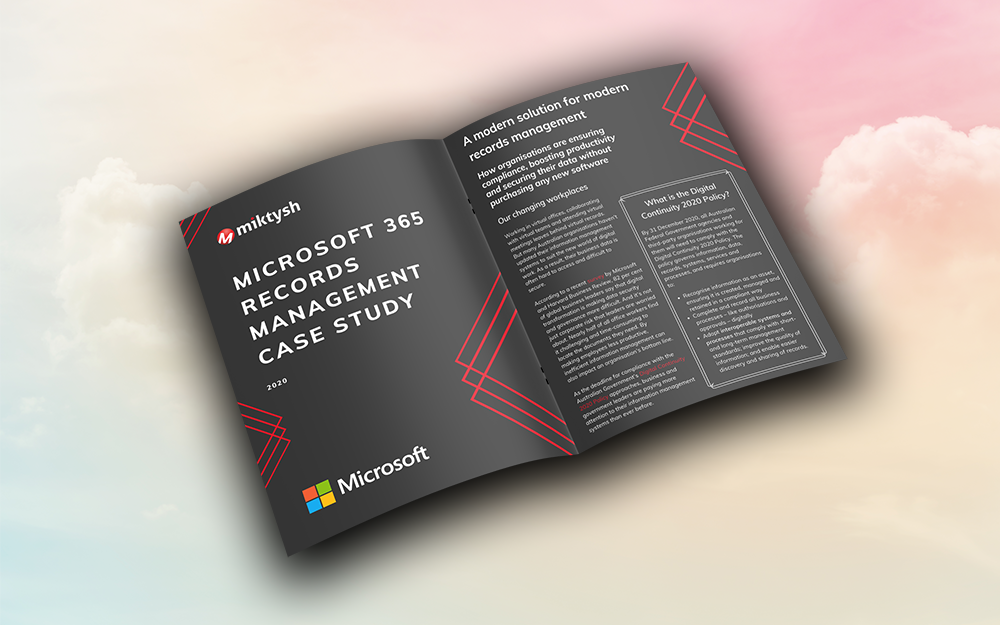
Microsoft 365 Records Management Whitepaper
06.11.2020

Micro Focus Launches Content Manager Select
28.05.2020
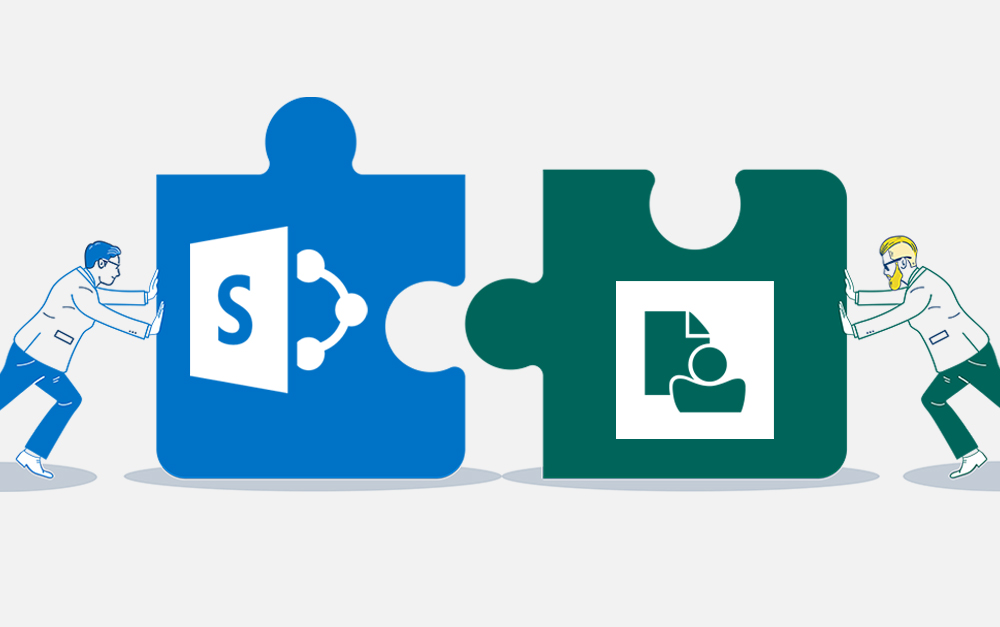
Content Manager SharePoint Integration Demo
20.05.2020

Top 7 Hidden Features in Microsoft Teams
11.02.2020
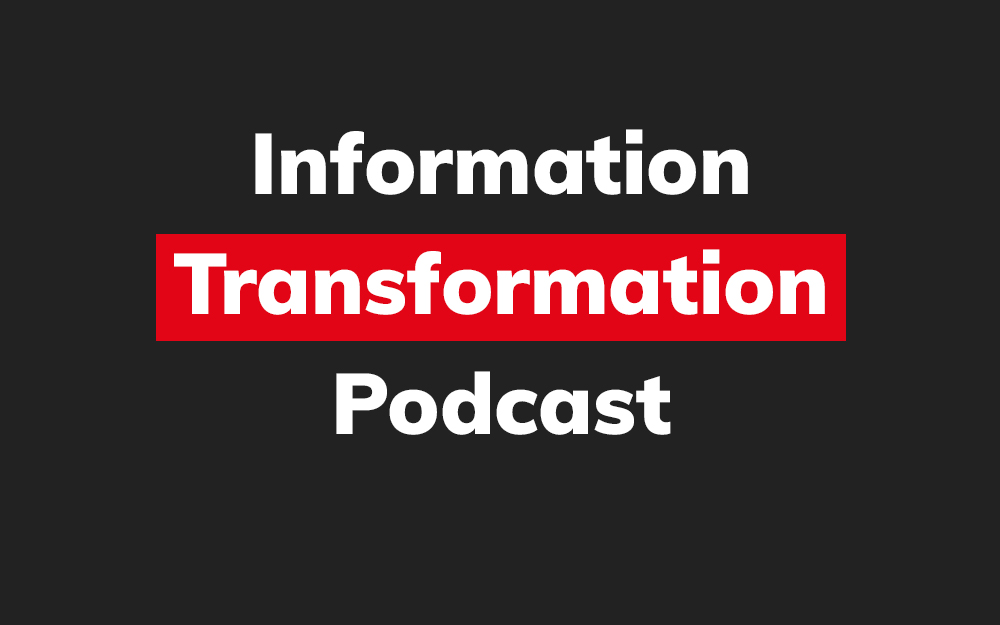
Integrate Content Manager with SharePoint
15.01.2020

Information Management Strategy Example
06.12.2019

How to Approach a Digital Transformation
13.11.2019
Content Manager 9.4 Web Client
19.09.2019

Content Manager 9.4 Sneak Peek – Video Demo
02.09.2019

What Version of SharePoint is on Office 365?
27.06.2019
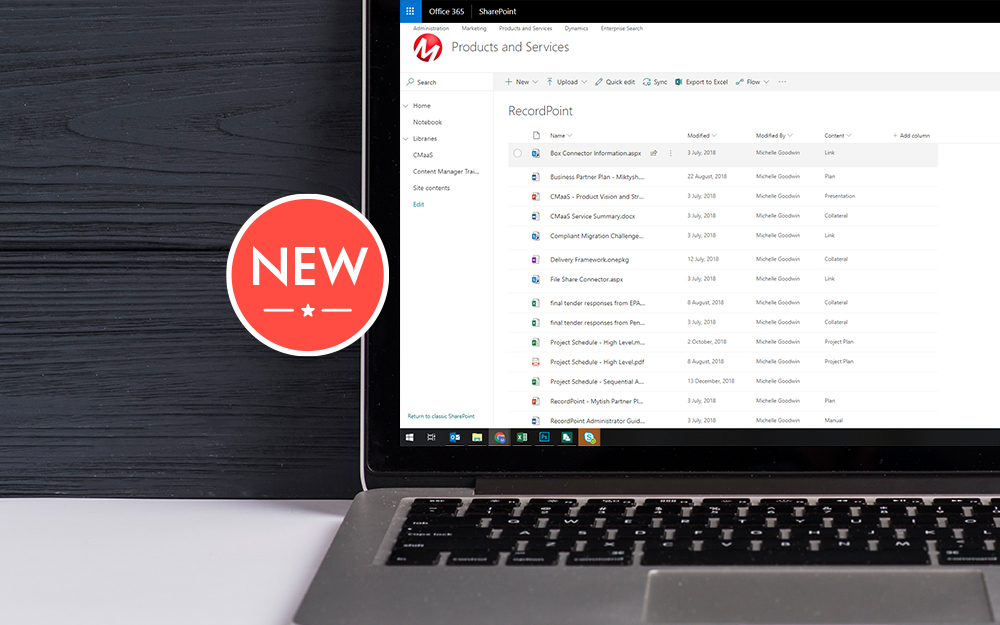
New SharePoint 2019 Features
08.03.2019

Data Migration Validation Best Practices
08.02.2019

Cloud Governance – RIMPA Queensland Event
27.09.2018

RecordPoint Records365 Demo
09.05.2018

How RecordPoint Enhances Office 365
09.05.2018

6 GDPR Tools to Assist with GDPR Compliance
17.04.2018

Analytics Driven Information Governance
14.07.2021

The New Normal Requires Zero Trust
27.06.2021

Microsoft 365 Records Management Whitepaper
06.11.2020

Micro Focus Launches Content Manager Select
28.05.2020

Content Manager SharePoint Integration Demo
20.05.2020

Top 7 Hidden Features in Microsoft Teams
11.02.2020

Integrate Content Manager with SharePoint
15.01.2020

Information Management Strategy Example
06.12.2019

How to Approach a Digital Transformation
13.11.2019
Content Manager 9.4 Web Client
19.09.2019

Content Manager 9.4 Sneak Peek – Video Demo
02.09.2019

What Version of SharePoint is on Office 365?
27.06.2019

New SharePoint 2019 Features
08.03.2019

Data Migration Validation Best Practices
08.02.2019

Cloud Governance – RIMPA Queensland Event
27.09.2018

RecordPoint Records365 Demo
09.05.2018

How RecordPoint Enhances Office 365
09.05.2018

6 GDPR Tools to Assist with GDPR Compliance
17.04.2018















